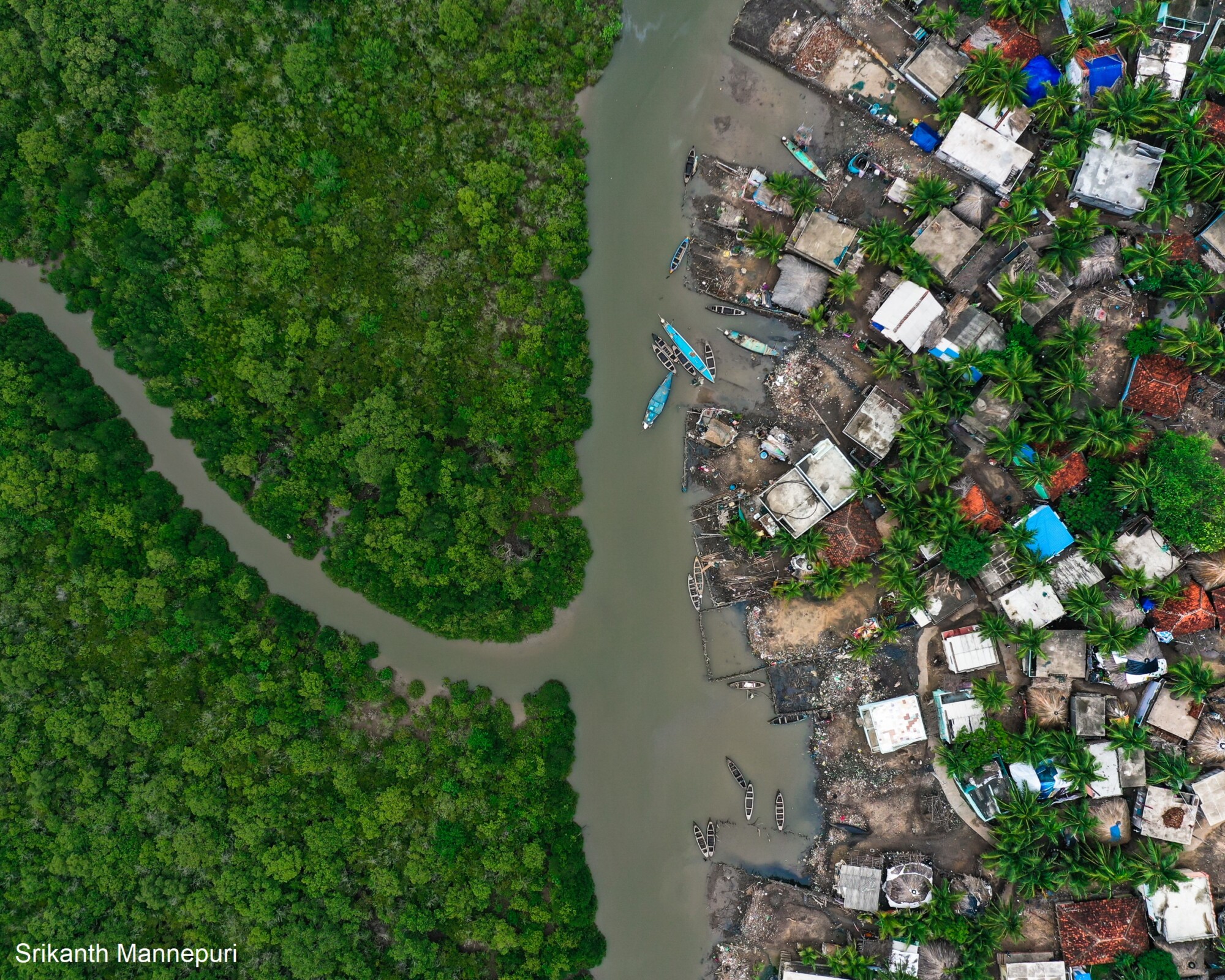Why do mangroves matter?
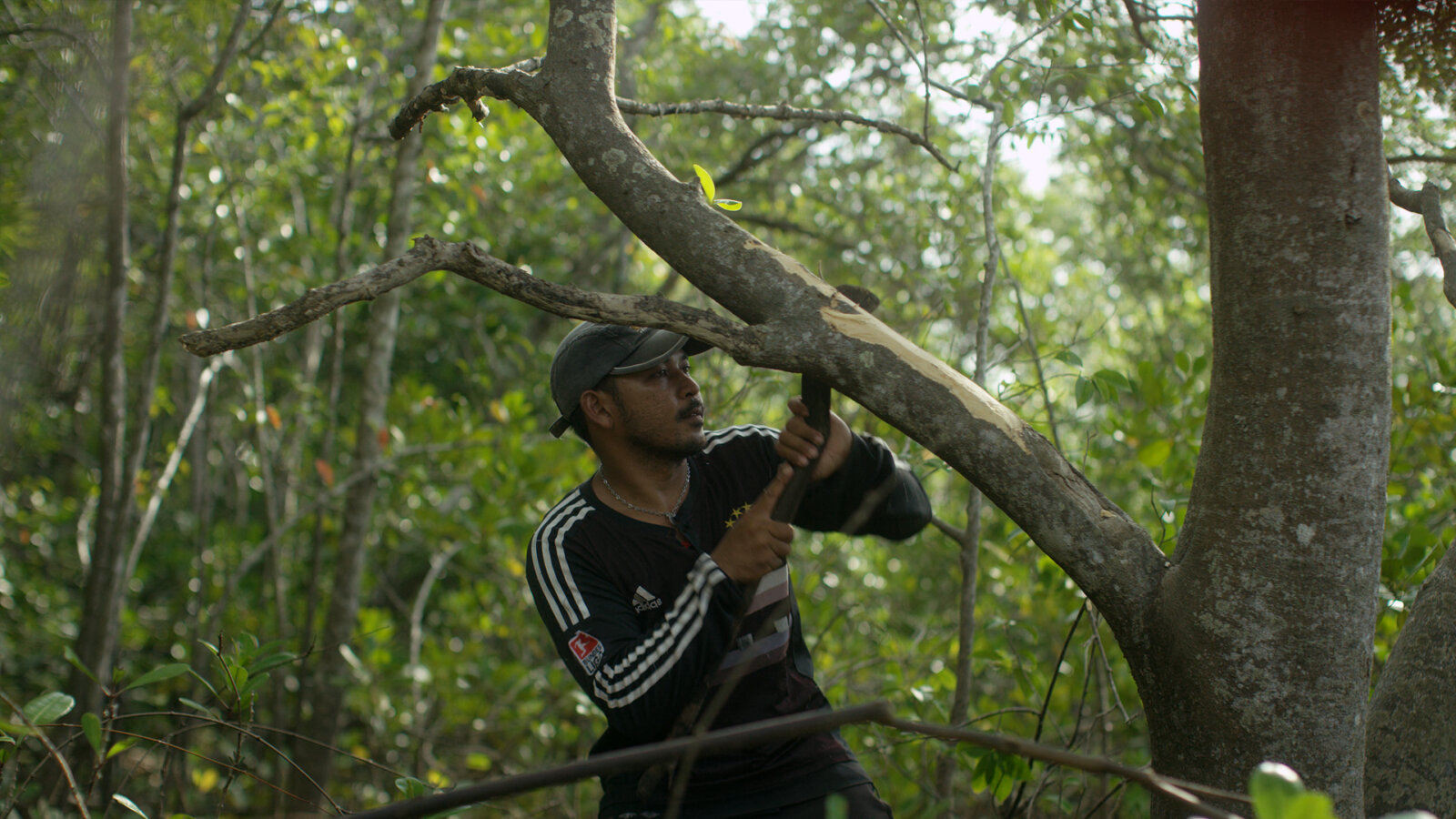
Mangrove forests are one of the world’s most precious resources for people and marine life – and the need to protect them has never been more urgent.
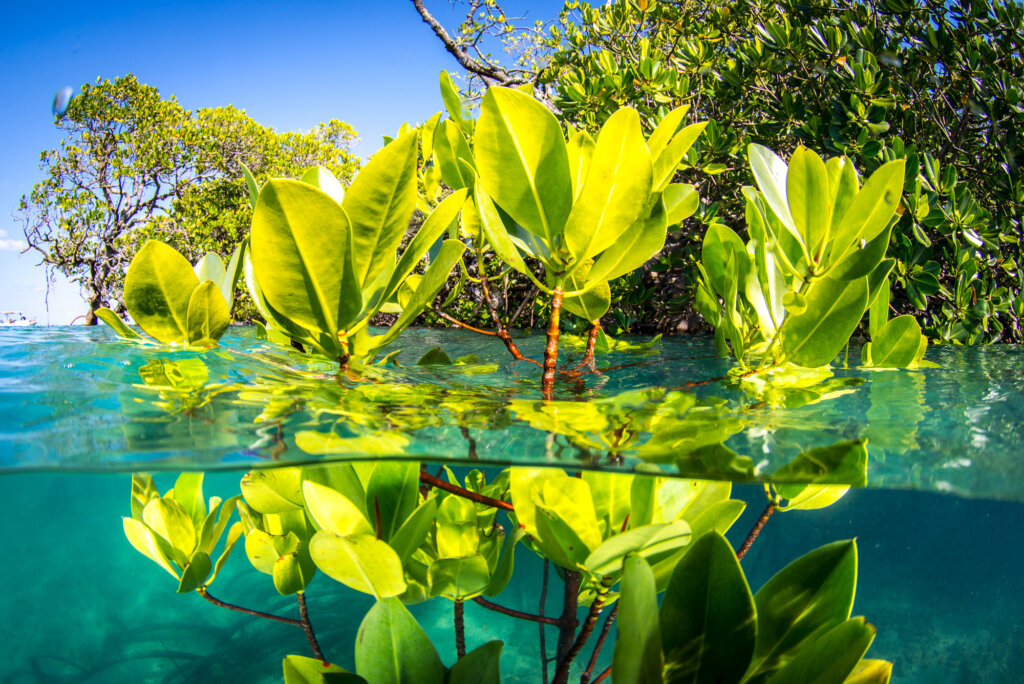
Ecological super-heroes
Known as the “roots of the sea,” healthy mangroves are crucial for a healthy marine ecology. In tropical regions around the globe, mangroves serve as an anchor for coastlines and form a vital link between land and sea. Their adaptation to highly saline waters and soils has produced some astounding biological traits. They include the ability of certain species to excrete salt or obtain oxygen from “breathing” pores. Spreading its benefits far and wide, mangrove trees shed leaves and branches. This detritus-based system allows essential nutrients and energy to be transferred into the marine environment, supporting various intricate marine and terrestrial food webs.
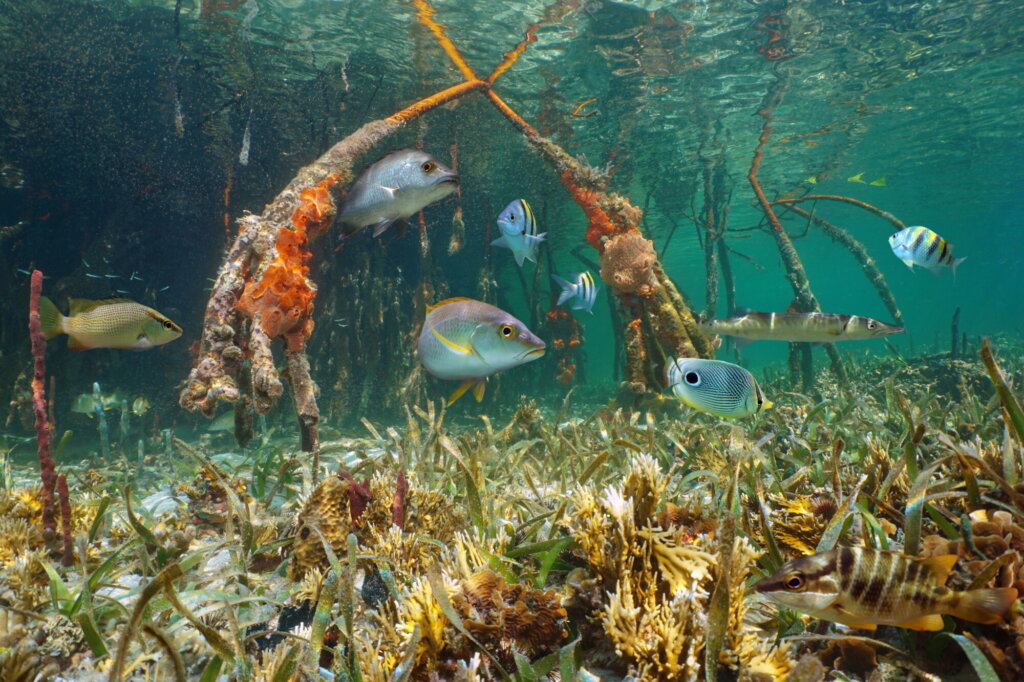
Wildlife hotspots
Despite being one of the most productive ecosystems in the world, the substantial role of mangroves is often overlooked and underestimated. These powerful and interconnected environments provide food and refuge for a multitude of endangered species, including sea turtles, manatees, crab-eating monkeys and Bengal tigers. Mangroves play a vital role as nurseries for fish and invertebrates, providing crucial shelter and protection during their early stages of life. They are also prime nesting, resting and feeding sites for hundreds of bird species.
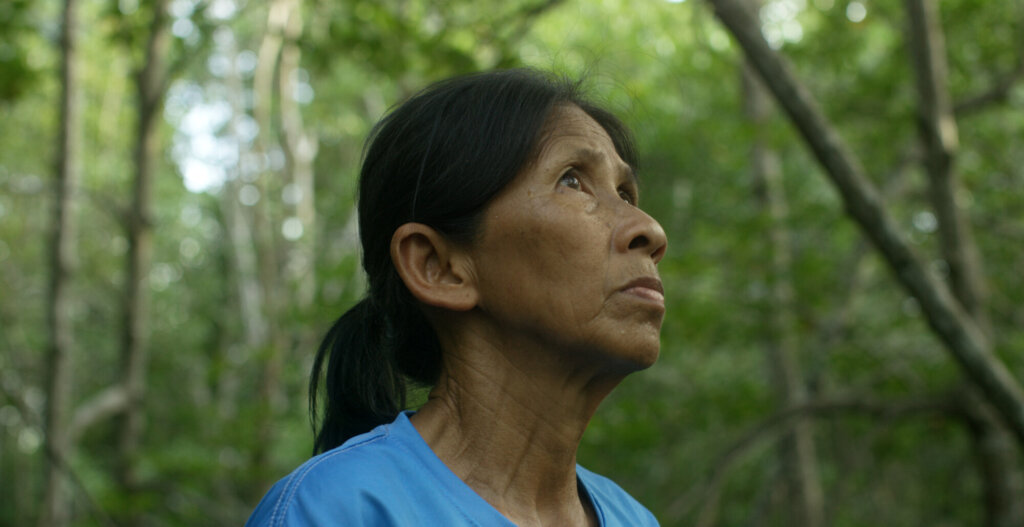
Community protectors
Millions of coastal communities around the world rely on the health of mangroves for their survival. And the fast advance of climate change is making their role even more important. Mangroves function as a crucial buffer zone, preventing soil erosion, shielding communities from wave action and storms, and minimizing losses of life caused by extreme weather events. They’re also key for food security. Mangrove forests underpin coastal food webs that support many commercial harvests, local subsistence fishing and other sustainable uses, such as local medicine production. What’s more, mangroves are the most efficient carbon capture system on the planet, storing up to 10 times more carbon per hectare than terrestrial forests. This makes them a critical piece of the blue carbon puzzle, further cementing the need to urgently protect them.
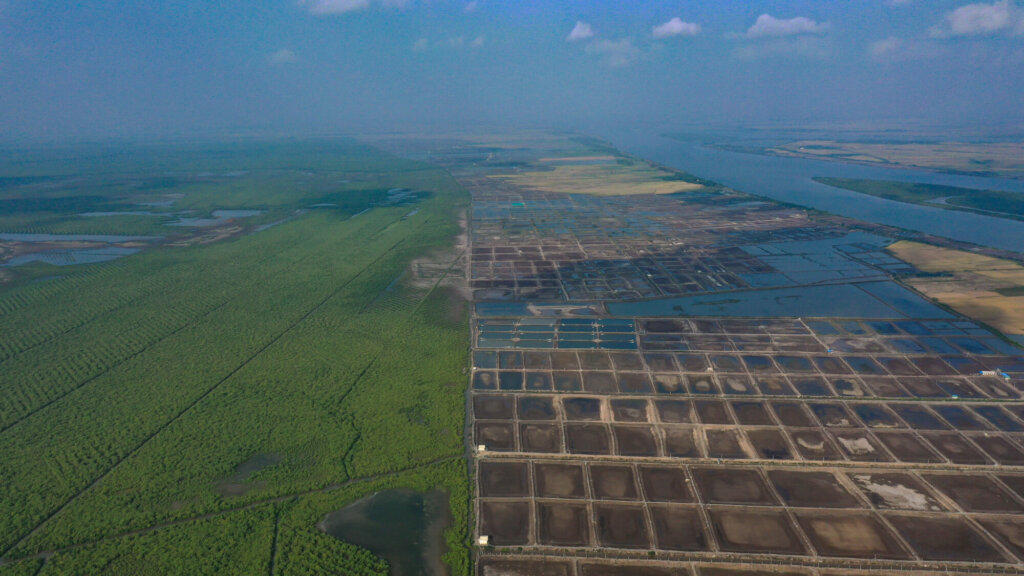
Mangroves under attack
Today, less than half the world’s original mangrove forest cover remains. Harmful activities like shrimp aquaculture, logging, oil, tourism and urban expansion threaten these precious ecosystems and the marine life and communities that rely on them for survival. And climate change is making it worse. Lack of understanding, regulation and enforcement have all led to this situation – and now increasing temperatures and sea level rise are compounding the challenges. Mangroves matter and we can no longer neglect them. The time to act is now.
